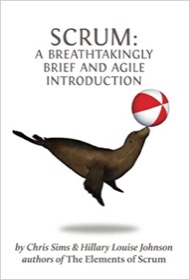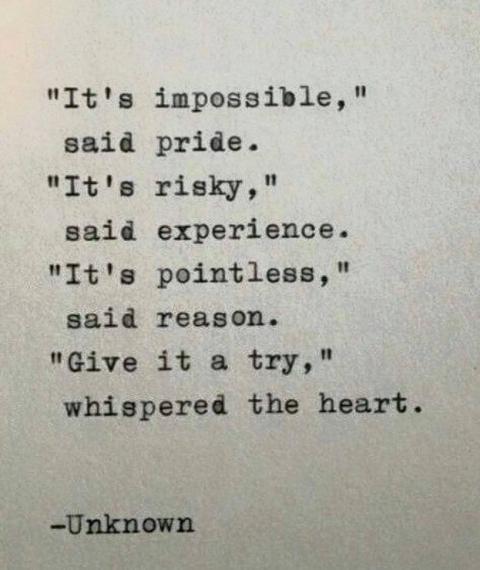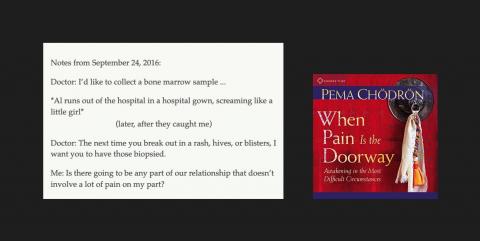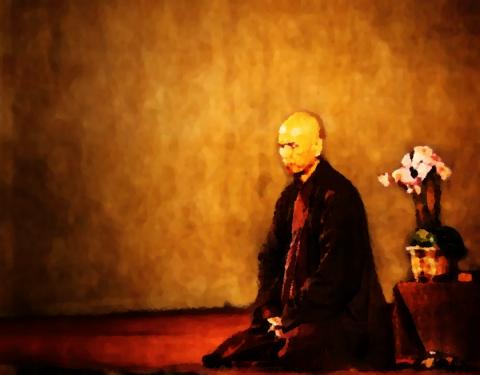This is a bit of an unusual note, even for me :), but if you’re ever laying in bed and feel like someone or some thing has gotten in bed with you — but they’re not really there — you may already be asleep and not know it, or you may be having a hypnagogic hallucination.
For instance, last night in bed, while I was waiting to fall asleep, I was practicing a “witness-ing” meditation technique that I have learned. So I’m doing that as intensely as I can, just witnessing my body breathing, and then someone gets in bed with me. So then I realize that I’m probably in the usual “mind awake, body asleep” situation that I have been in a few thousand times in my life.
When I was younger I used to experience sleep paralysis a lot, but these days I can usually just wake myself up, and that’s what I did last night.
I think of this as being asleep and then waking myself up, but other people might say, “No, you must have been having a hypnagogic hallucination.” Personally, I’m about 99% sure that I am asleep, because I was able to do the same thing during an fMRI many years ago, and also during a sleep study test where the tester thought I was asleep because of my brain waves, but I was actually awake.





